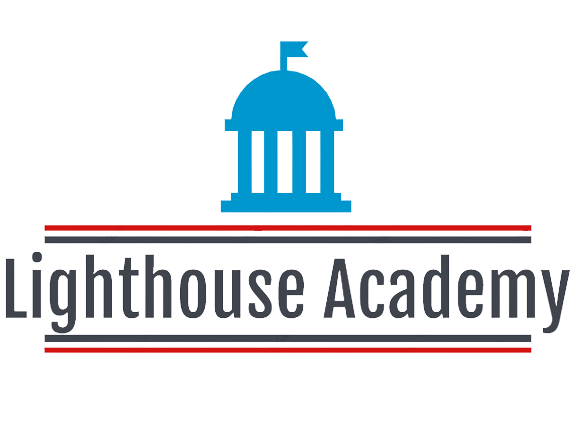Requirements
- Completion of a Bachelor degree in the discipline areas of either Education, Management, Commerce, Society, Culture and Communication; or Completion of a Bachelor degree in any discipline area not listed above, PLUS a personal statement (approximately 500 words) explaining why the student wishes to study the program and evidence of knowledge in the field of Applied Linguistics and TESOL, and a CV including details of paid or voluntary work, or other experiences (eg special interest groups) relevant to the program
Course Overview
English language teachers are in demand across the world and Teaching English to Speakers of Other Languages (TESOL) is an exciting and rewarding career!
The Master of Arts in TESOL has been designed to provide learners with an introduction to current research, theories, principles and practices in the teaching of the English Language. It will enable them to acquire a range of practical skills for teaching English as a second/ foreign language, and will prepare them to engage independently and critically with current language teaching and research issues. It will give learners the research skills they need to investigate language learning, and tools help them to reflect on their practice and develop their individual pedagogy and advance their career in teaching English to Speakers of Other Languages.
- exhibit knowledge of the current methods employed in the field of TESOL;
- articulate the rationale, purpose, and strength of various methodological approaches to English teaching;
- apply the methods studied in class to the teaching of both oral and written skills in a language classroom;
- develop materials and curricula that enhance accuracy and fluency in a language; and
- analyse their own performance as teachers.
In relation to academic and graduate skills
- Engage critically with academic and language teaching publications;
- Formulate critical and balanced arguments orally and in writing;
- Undertake problem identification and solving activities;
- Undertake and report short, empirical data collection and analysis work appropriately;
- Demonstrate effective planning and time management;
- Use ICT and education technology;
- Develop confident and well-informed language teaching practitioners; and
- Extend disciplinary learning and applied language research skills.
The underpinning principles which drive the assessment strategies adopted for this programme are the profile of the target students and the programme itself (its philosophy and associated learning outcomes). The section below summarises the varied assessment tasks or instruments which will be employed in assessing the different programme learning outcomes.
Course Content
- Second Language Teaching and Learning
- Grammar for Language Teachers
- Discourse Analysis for Language Teachers
- Second Language Acquisition
- Classroom Management and Observation
- Second Language Classroom Research
- Classroom-Based Evaluation
- Second Language Curriculum Development
- Research Methods in Language Learning
- Research Portfolio OR
- Thesis





